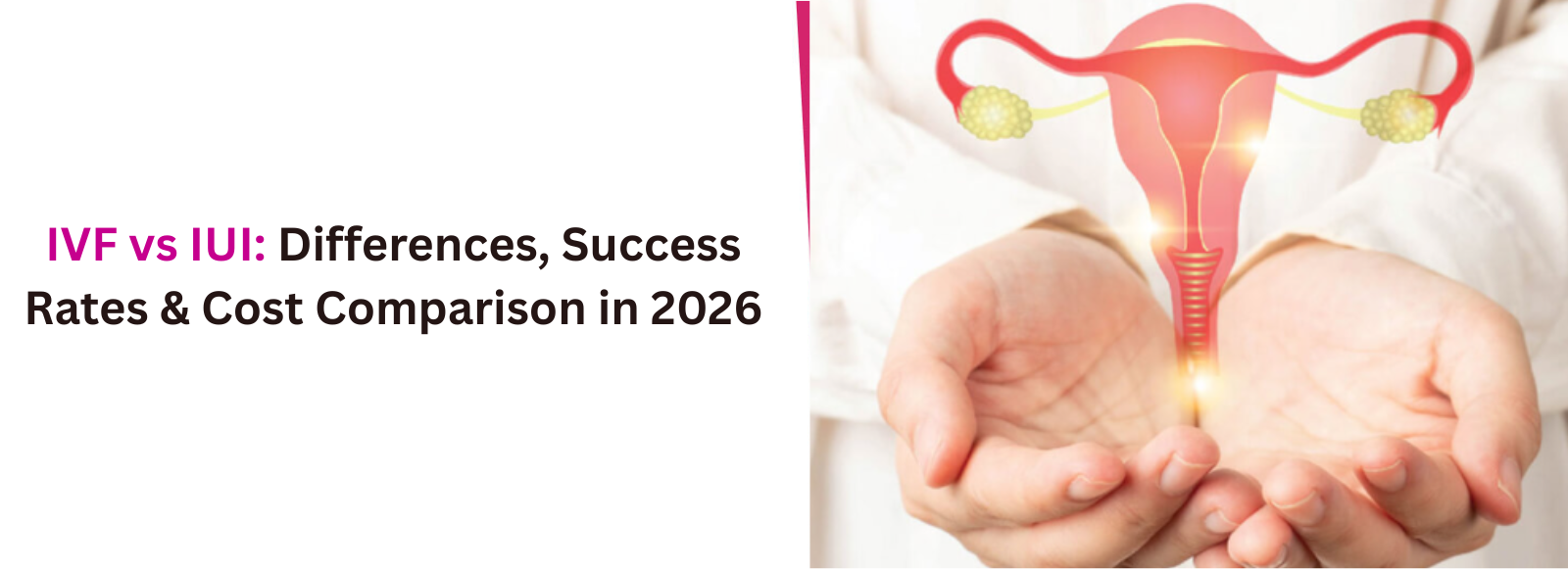If you want to be a parent but are having difficulty getting pregnant, in-vitro fertilisation (IVF) is answer. IVF has a success rate of more than 80%, but additional considerations are required to increase the number of chances of conception. Genetic testing is one of the methods used by your IVF specialist to predict the presence of any defects or abnormalities in embryos that may cause certain disorders. So, should we do genetic testing for IVF? The answer is yes. Genetic testing (PGS or PGD) provides valuable information about embryos, assisting in the identification of potential genetic disorders or chromosomal abnormalities. This information can be used to select embryos that are less likely to have genetic conditions, potentially increasing the chances of a successful pregnancy and a healthy baby.The important key here is that although genetic screening is advised most of the time, it might be a personal choice for the parents. It’s not mandatory for IVF candidates to undergo genetic screening based on their circumstances and preferences. If your personal beliefs, ethical considerations, or financial constraints allow for it, you should still consult with your IVF specialist first before making a decision.
Types of genetic testing for patients undergoing to IVF:
Preimplantation genetic testing (PGT) is used to detect chromosomal abnormalities in embryos created through IVF before pregnancy. There are two different types of genetic testing methods which are commonly used at fertility hospitals and IVF clinics–- Preimplantation genetic screening (PGS),
- Preimplantation genetic diagnosis (PGD).
Is genetic testing for IVF worth it?
PGT testing is done before embryo transfer but after 5 to 6 days of embryo development processes. Is genetic testing worth it in IVF? Yes, it is recommended but not required and may vary depending on individual circumstances and preferences. Here are the benefits and drawbacks of preimplantation genetic testing to help you decide whether it is worth it or not.Pros of Preimplantation Genetic Testing (PGT):
- Risk Reduction: Identifies embryos with genetic abnormalities, reducing the risk of passing on inherited disorders to the child.
- Increased Pregnancy Success: Helps select embryos with higher chances of successful implantation, leading to increased pregnancy rates.
- Reduced Miscarriage Risk: Lower likelihood of miscarriage, specifically for women over 35, as a result of selecting embryos less prone to chromosomal abnormalities.
- Time and Cost Efficiency: This can potentially reduce the number of IVF cycles needed by selecting healthier embryos, saving time and costs.
Cons of Preimplantation Genetic Testing (PGT):
- False Positives/Negatives: This is not infallible, and there is a small chance of false positives or negatives, leading to a potential misinterpretation of genetic information. However, the accuracy is highlighted at 98% in a survey.
- Invasive Procedure: Involves the removal of cells from the embryo; in such a process, embryos may not survive the biopsy procedure.
- Limited Scope: It may not detect all genetic abnormalities, and it primarily focuses on the specific conditions targeted during testing.







